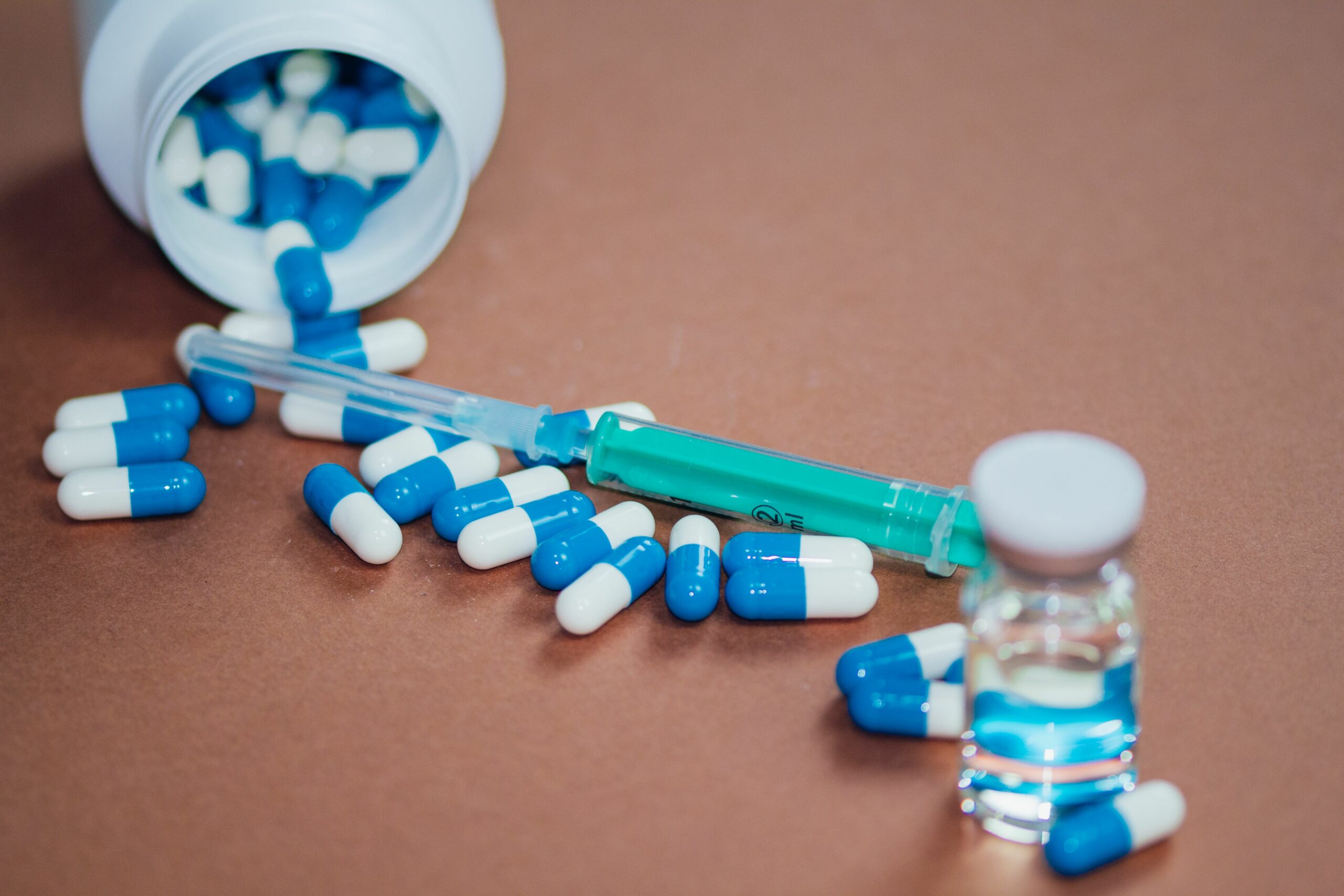Doping under the spotlight following national athlete’s recent failed drug test.
Doping, a pervasive and deceptive practice in the world of sports and beyond, poses a grave threat to the integrity of competition, the health of athletes and the moral fabric of society.
This illicit use of performance-enhancing substances, such as steroids, stimulants, and blood doping agents, not only undermines the fundamental principles of fair play and sportsmanship but also endangers the well-being of those who succumb to its temptations.
Beyond the athletic arena, doping’s reach extends to the broader domains of medicine, public health and ethical considerations, casting a shadow over our collective commitment to honesty, equality, and the pursuit of excellence.
Those who found in violation of such offences including the use or consumption of prohibited or banned substance are likely to face major consequences such as a hefty fine, suspension or, even worse, a lifetime ban.
In the context of Brunei Darussalam, the nation gained significant attention when one of its national badminton athletes tested positive for a substance known as anabolic androgenic steroids (AAS), specifically Drostanolone, as confirmed by the World Anti-Doping Agency (WADA) in collaboration with the Brunei Darussalam Anti-Doping Committee (BDADC).
The discovery was made after a sample from an out-of-competition testing came back positive, which is also referred as adverse analytical finding (AAF). An analysis of the athlete’s sample from an anti-doping laboratory in Doha, Qatar found the discovery of the prohibited substance.
As a nation that supports fair and ethical practices in sport, His Royal Highness Prince Haji Sufri Bolkiah, Brunei Darussalam National Olympic Council (BDNOC) President has repeatedly warned and advised athletes on the prevention of doping.
His Royal Highness said in a sabda during a flag handover ceremony during the 32nd Southeast Asian (SEA) Games last year, “I am confident that all selected athletes have been informed of the regulations for representing the country, particularly the anti-doping regulations.”
Central to the monitoring and advocating anti-doping programmes is the BDADC, formed in 2006 under the Ministry of Culture, Youth and Sports (MCYS).
Its role encompasses the preparation and efficient execution of high-quality anti-doping initiatives, with a particular emphasis on raising awareness and delivering education on anti-doping measures in the Sultanate.
Additionally, it evaluates the efficacy of the implemented programme and ensures its alignment with the principles of the World Anti-Doping Code.
BDADC serves as a central hub connecting Brunei to both the World Anti-Doping Agency and the Southeast Asia Regional Anti-Doping Organisation (SEARADO).
Furthermore, it actively engages in partnerships with non-governmental organisations, sports associations, government ministries, and the private sector to promote awareness and participation in anti-doping initiatives.
The primary goal of anti-doping efforts is to safeguard athletes’ fundamental right to engage in sports without the influence of doping substances. Any athlete or official who is discovered to be in breach of any of the 11 doping-related offences will be subject to disciplinary action.
These include the presence of prohibited substances, or markers in an athlete’s sample; the use or attempt to use prohibited substances or prohibited methods by the athlete; and even avoid, reject, or fail to allow a sample to be taken.
On a regional level, Brunei has also contributed to the development of anti-doping after BDADC member Sukardi bin Kaderi gained recognition by the SEARADO in August 2020.
Following his nomination to attend an education symposium in Shanghai, China in 2012, he volunteered to provide expertise in education back in the country which have since attracted the interest of officials and athletes.
The recent case of the badminton athlete being found positive – which has led to the individual serving a three-year suspension term – proved to be the highest-profiled case in nearly a decade since a national athlete in athletics was tested positive.
The positive test ultimately led to the athlete losing his place in the 27th SEA Games in Naypyidaw, Myanmar.
After the unfortunate incident, the Brunei National Badminton Association (BNBA), the organisation responsible for overseeing badminton in the Sultanate, has been duly informed upon receiving the official doping test results.
In a formal statement, the association expressed, “We find this development deeply disheartening and want to underscore our steadfast dedication to upholding fair play, sportsmanship, and the values of clean and ethical competition in the sport of badminton.”
The BNBA has acknowledged the athlete involved in the incident has been an integral part of the national badminton team and has made significant contributions to the sport in Brunei. – Fadhil Yunus





